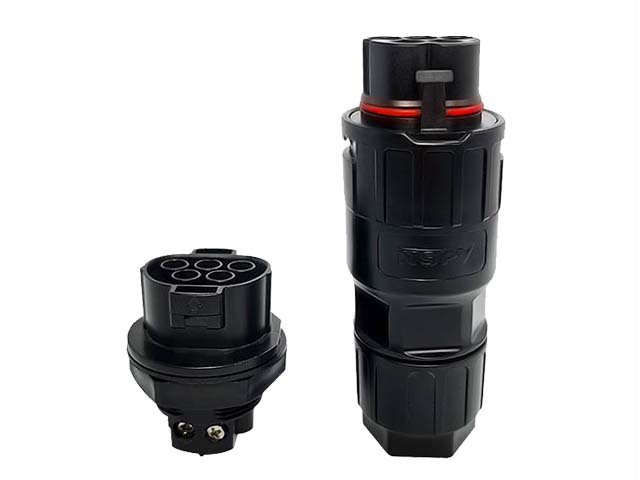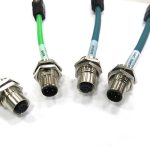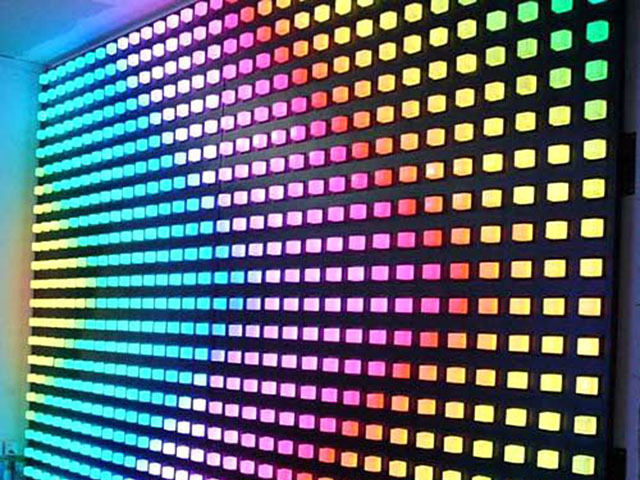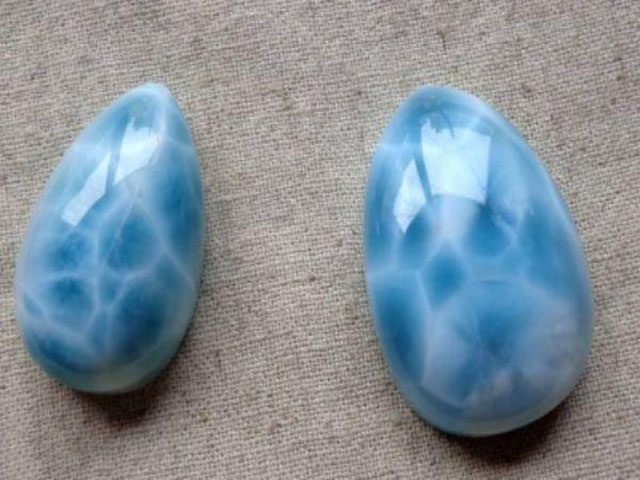In the world of networking and industrial automation, connectors play a crucial role in establishing reliable and efficient communication. Two commonly used connectors are the RJ45 and M12 connectors. While both serve similar purposes, they are designed for different applications. In this blog post, we will explore the RJ45 and M12 connectors and address the possibility of converting an RJ45 connection to an M12 connection.
What is the RJ45 Connector?
The RJ45 connector, also known as an Ethernet connector, is a standardized connector used primarily in computer networks for Ethernet connections. It is widely used for connecting devices like computers, routers, switches, and IP cameras. The RJ45 connector features eight pins and is commonly associated with twisted-pair cables, particularly those utilizing the Ethernet protocol.
The RJ45 connector is known for its versatility, ease of use, and widespread adoption. It provides reliable and high-speed data transmission, making it the go-to connector for networking applications. Additionally, RJ45 connectors are typically compatible with various Ethernet standards, such as 10BASE-T, 100BASE-TX, and 1000BASE-T.
What is the M12 Connector?
The M12 connector, also referred to as a circular connector, is commonly used in industrial automation and harsh environments. It is designed to provide robust and secure connections, particularly in applications where resistance to vibration, moisture, and dust is essential. The M12 connector features a circular shape and multiple pins, with the most common configurations being 3, 4, 5, or 8 pins.
M12 connectors are widely used in industrial Ethernet networks, sensors, actuators, and other automation devices. They are known for their ruggedness, compact size, and reliable performance in demanding conditions. The M12 connector is available in different coding configurations, such as M12 A coded connector, B, and D-coding, which ensure proper mating and prevent incorrect connections.
Can I Convert an RJ45 Connection to an M12 Connection?
The possibility of converting an RJ45 connection to an M12 connection largely depends on the specific requirements of the application and the availability of suitable converters or adapters. It’s important to note that RJ45 and M12 connectors have different physical characteristics, pinouts, and purposes, which may pose challenges when attempting to convert between them.
One common scenario where a conversion might be needed is when transitioning from a standard Ethernet network (using RJ45 connectors) to an industrial Ethernet network (using M12 connectors) in an industrial environment. In such cases, specialized converters or media modules can be used to facilitate the transition. These converters typically have an RJ45 interface on one side and an M12 interface on the other, allowing for seamless integration between the two connector types.
However, it’s crucial to consider the limitations and potential drawbacks of using converters or adapters. While they can enable physical connectivity between different connectors, they may not guarantee full compatibility with the specific protocols, signaling, or environmental requirements of the target application. It is advisable to consult with experts or refer to the manufacturer’s recommendations to ensure compatibility and optimal performance.
Conclusion:
Connectors are vital components in establishing reliable and efficient communication in various fields, including networking and industrial automation. The RJ45 and M12 connectors are widely used in their respective domains, each with its own set of characteristics and applications. While it is possible to convert an RJ45 connection to an M12 connection using specialized converters or adapters, careful consideration of compatibility and performance factors is essential.
When contemplating a transition from RJ45 to M12 connectors, it is crucial to evaluate the specific requirements of the application, including environmental conditions, network protocols, and device compatibility. Seeking advice from experts or connector manufacturer like Shine Industry can ensure a successful and seamless integration between these connector.




